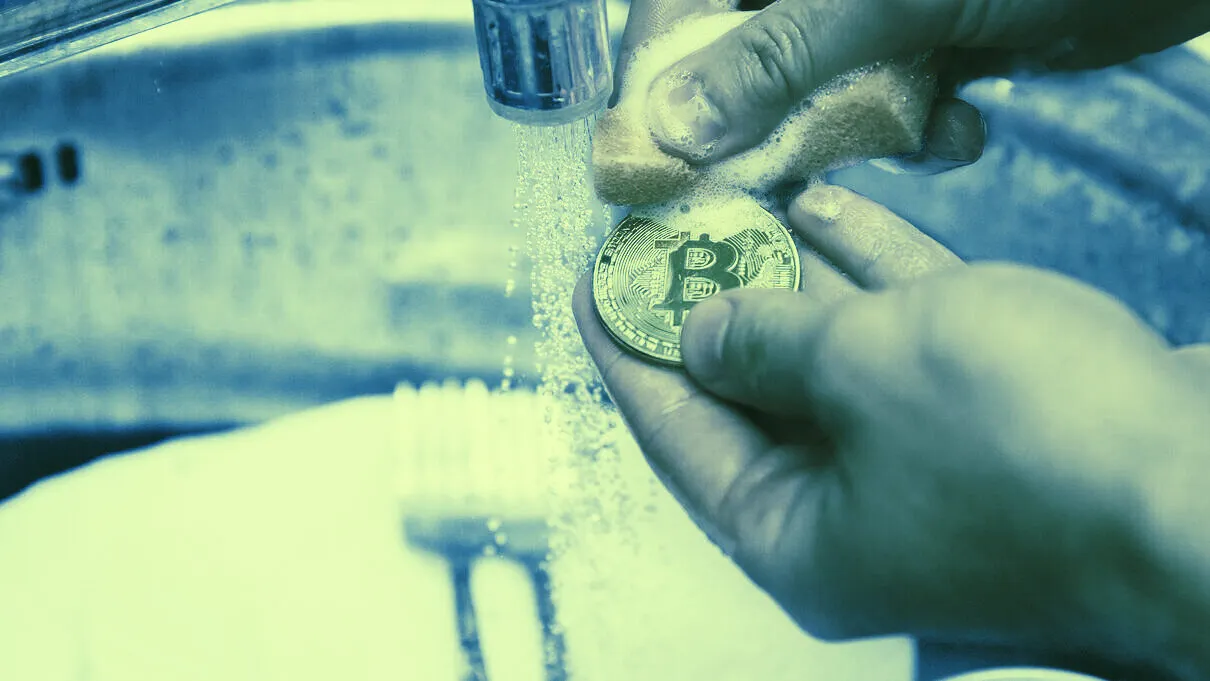In brief
- A study has found new indications of wash trading on several crypto exchanges.
- The authors argue that crypto data sites can do more to make sure information is kept honest for crypto traders.
- The authors collected data on trading volume, token balance and website traffic to populate their findings.
Researchers behind a study on wash trading have called on popular data metric sites to identify the high levels of suspicious trading activity in the cryptocurrency markets. The study, published on August 20, 2020 by Blockchain Research Lab, confirms previous reports that—for the worst affected exchanges—up to 98% of trading activity might be fake.
Wash trading artificially increases a crypto exchange’s reported trading volume, and can cause ill-informed investment decisions and unfair competition between different exchanges. Blockchain Research Lab’s study adds to the already exhaustive body of evidence that wash trading is rampant in the crypto space. Now the researchers want to see the issue highlighted more widely.
“Crypto comparison sites like Coinmarketcap and CoinGecko need to intensify their efforts to now show wash trading volume in their statistics,” Ingo Fiedler, co-founder of Blockchain Research Lab, told Decrypt.
Crypto exchanges are incentivized to carry out wash trading because it can boost website traffic and expand the total number of traders on the exchange itself. Data metrics sites, however, don’t have the same incentives—although CoinMarketCap is now owned by crypto exchange Binance—and are more likely to address the issue. While both sites have started using metrics such as website traffic to rank exchanges, they still provide trading volumes.
“Those sites are the go-to resource for millions of crypto traders. They have thus by far the best reach towards those who ultimately bear the costs of wash trading,” Fiedler added.
The study finds strong indications of wash trading
Blockchain Research Lab’s study found similar evidence of wash trading in the crypto markets.
The study divided exchanges into three groups. First, exchanges with little to no evidence of wash trading, including Bitfinex, Bitstamp, Bittrex, Kraken and Poloniex. Second, a mixed-evidence group of Binance, HitBTC, KuCoin, and YoBit. Last, the exchanges that showed overwhelming prior evidence of wash trading included FCoin, Huobi, and OKEx.
Between July 23 2019 and November 10 2019, the authors collected data about trading volume, Ethereum token balance, and website traffic. The trading volume the authors collected targeted Bitcoin, Ethereum, Ripple, the US Dollar, and Tether.
This data was then compared to estimate the extent of wash trading across the selected exchanges. The most popular trading pair, Bitcoin and the US Dollar, reported a daily trading volume of $490 million in the wash trading group of crypto exchanges.
The study also found, based on information on token balances, rates of 72%-97% of suspicious trading volume in three out of four exchanges that were previously not clearly linked to wash trading.
Will any site commit to putting an end to this?

